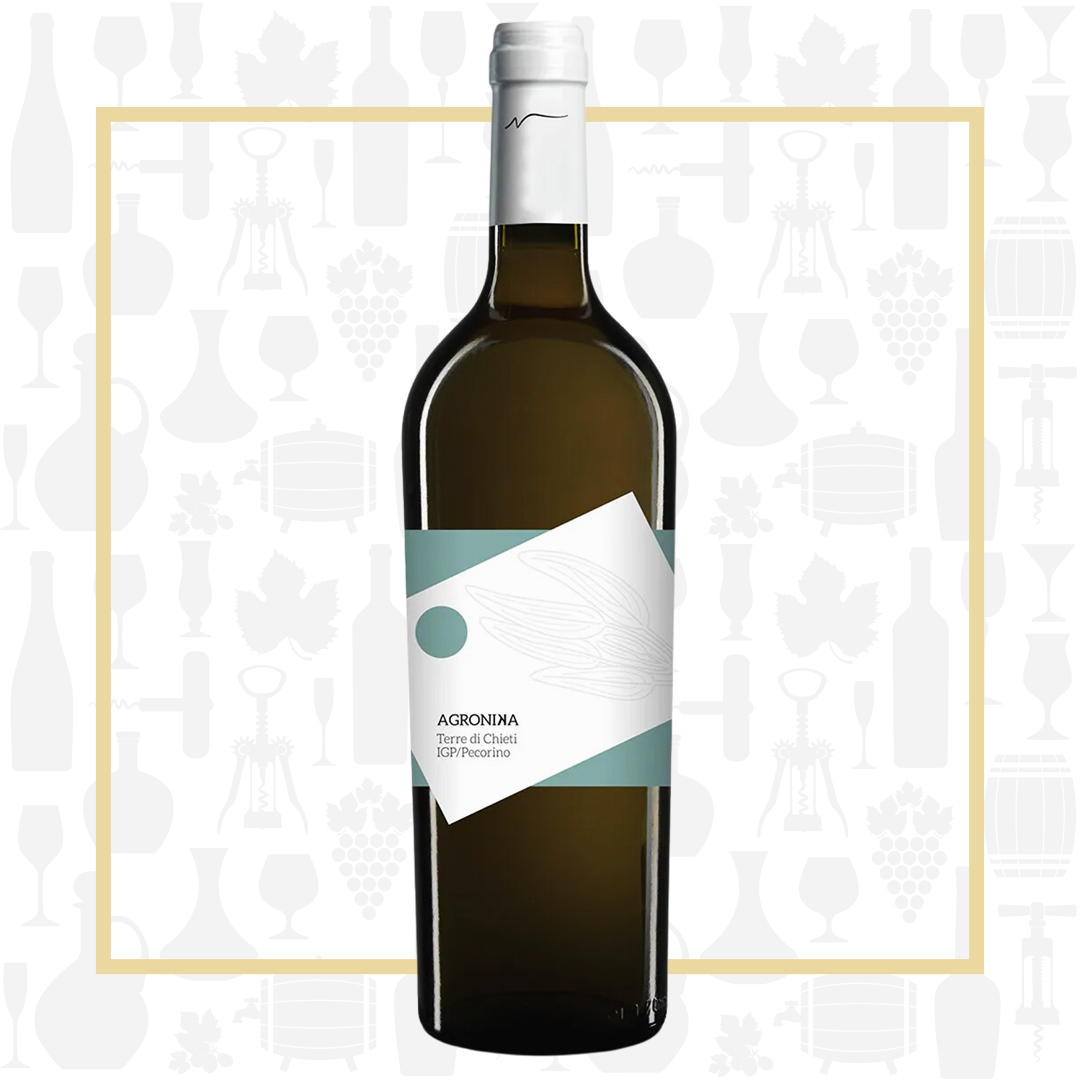Cellar Profile
The winery was founded in 1969 as a cooperative between 20 individual growers in Abruzzo, one of Italy’s most productive wine growing regions. Today, there are 400 grower members with 700 hectares of vineyards. Soils here are calcareous clay, created by runoff from the towering Apennine Mountains to the west. The moderating influence of the Adriatic Sea to the east, as well as the cool evenings in spring and fall, help temper some of the hot days during the growing season. With an eye towards tradition, Novaripa produces wines made with indigenous grape varieties that have grown here for millenia—Passerina, Trebbiano d’Abruzzo, Pecorino and old vines of the ubiquitous Montepulciano d’Abruzzo—along with international varieties such as Pinot Grigio. Buyers+Cellars is proud to represent Novaripa’s Agronika and Sagoma brands in Ontario.
Region
Abruzzo is an Italian wine region on the east (Adriatic) coast. In terms of quantitative wine production, it remains Italy’s fifth most prominent region after Sicily, Puglia, Veneto and Emilia-Romagna. The geographical makeup of Abruzzo is quite remarkable. A rugged, mountainous region with a lengthy coastline, its lush, green landscape is scattered with national parks and forests. Abruzzo is ideally situated between the Adriatic sea to the east and the Apennine mountain range and the Maiella massif to the west. The region is home to Gran Sasso, one of Italy’s highest peaks at 2912 masl. The high altitudes see dramatic diurnal temperature variations which, when combined with cool mountain air currents, moderate the temperatures in the vineyards situated on the slopes. This provides a perfect mesoclimate for vines with the most favourable growing conditions being found in the low hills of Teramo, the Colline Teramane.
Vineyard
The vineyards from which these wines are made are spread throughout the Chieti region, but all are blessed with iron and mineral-rich red clay, traces of limestone and loose gravel. Sustainably-farmed, the vines are planted on steep hillsides.
Winemaking
Hand-harvested grapes from multiple steeply-sloped vineyards. Grapes are blended from multiple sites, each offering its own subtle elements to the wine, crushed into stainless steel for temperature controlled fermentation using selected yeasts. Care is taken to ensure malolactic conversion takes place, and the wine wine is lightly filtered before being bottled.
Varieties
Thought to be almost extinct until the 1980s, Pecorino has emerged as one of Italy’s most exciting white grape varieties. Pale-skinned with thin skins, it can be quite finicky. It is naturally high in both acids and sugar, often creating wines of power and elegance. While there are plantings in Tuscany, Umbria and a few other regions, the majority of production is reserved for Marche and Abruzzo. In Abruzzo, it is grown at elevation where it benefits from increased sun exposure and cool evenings. When grown closer to the Adriatic, it enjoys cooling breezes, a steady source of water and moderate daytime temperatures. The clay, limestone and gravel soils of the region are well-suited to developing the floral aromas of the grape, as well as highlighting the way it expresses minerality.
Tasting Notes
Grapefruit, melon and red pear on the nose, with a hint of white flowers. In the mouth, there is a good dose of acidity, not always the case for the varietal or the region. Flavours of melon, pear, mineral water and a touch of ripe apple. Chill lightly and serve with Mortadella and soft cheese, Spaghetti Vongole or chill well and serve as an aperitif.

